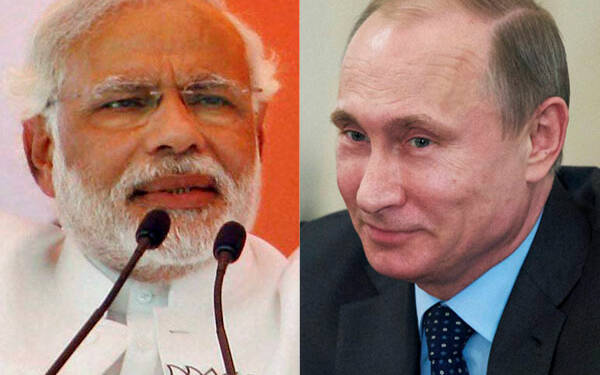On the fifth anniversary of the Chabahar port deal, India has proposed to include the Chabahar port in the mega International North-South Transport Corridor (INSTC). The event was termed “Chabahar Day” organised as part of the three-day “Maritime India” summit. India wants to explore the reach of the port to 13-INSTC nations, a connectivity route for transportation that stretches between India, Iran, Afghanistan, Azerbaijan, Russia, Central Asia, and Europe. The project induced by India will connect Mumbai and Moscow, through Iran.
More than ten countries are part of the INSTC and many more are interested in joining the deal, such as Afghanistan and Uzbekistan. Uzbekistan had proposed to join the project during the India- Uzbekistan virtual summit held last year.
While hosting the event the Minister of External Affairs, S Jaishankar said, “India has also proposed the inclusion of the Chabahar in the INSTC route. I am hopeful that during the INSTC Coordination Council meeting states would agree to the expansion of the INSTC route to include the Chabahar port and also agree on expanding the membership of this project.”
Emphasising Chabahar’s role in connectivity, Jaishankar said, “It has not only emerged as a commercial transit hub for the region but also facilitated the delivery of humanitarian assistance, especially during the COVID-19 pandemic”. Further, he added, “Part of our shared commitment towards peace, stability, and prosperity of Afghanistan.”
Ministers from five different countries – Russia, Afghanistan, Iran, Uzbekistan and Kazakhstan were also present at the event.
India signed a billion-dollar deal to invest in the Far East region of Russia in 2019. The investment was directed towards the energy and oil sector of Russia, strengthening the economic cooperation between the two countries as well as countering China’s grip over Russia.
This project is very significant to checkmate the Belt Road Initiative (BRI), a pet project of China. The sinister ploy behind the BRI initiative is to trap the countries participating in the connectivity project through its debt trap policy. India has always been cautious about the BRI project and is the one which coined the term ‘Debt- Trap Diplomacy’, a tactic to saddle a borrowing nation with huge debt, to gain leverage over it.
Russia is going through a rough patch in terms of economic stability and foreign loans have been heaping every year. By 2014, Russia has taken development assistance from China worth $36.6 billion. In addition to this, the BRI project will certainly drain out a consequential amount of foreign reserves. So, it will be quite advantageous for Russia to show more faith in India’s strategic interests and connectivity projects.
The Far East Region has been a bone of contention since China has been eyeing to exploit the resources in the region. As reported by TFI, China is now claiming Vladivostok as its territory. As for the expansionist nature of China, they went to great lengths by claiming the Arctic Region as one of their own.
India’s interest in the region is a sigh of relief for the Russian administration, as they have been worried about the expansionist attitude of China. India’s investment in the oil and energy sector will help to reduce its reliance on China. India-Russia defence partnership has been written in many chronicles. But, the need of the hour is also to boost up economic cooperation.
